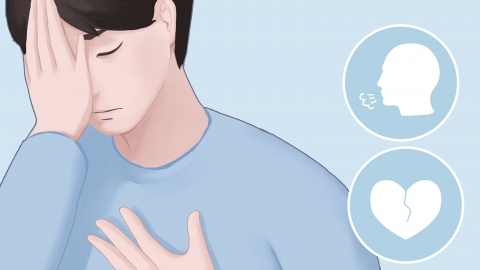How to Use Medication for Depression
Depression may be related to genetic, neurochemical, psychological, and socio-environmental factors. Treatment typically involves medications such as Sertraline Hydrochloride Tablets, Mirtazapine Tablets, Fluoxetine Hydrochloride Capsules, Amitriptyline Hydrochloride Tablets, and Fluvoxamine Maleate Tablets, as directed by a physician. A detailed analysis is as follows:

1. Sertraline Hydrochloride Tablets: Sertraline is a selective serotonin reuptake inhibitor (SSRI) that regulates the nervous system by increasing the concentration of serotonin in the brain, thereby alleviating depressive symptoms. Its side effects are relatively mild and it does not impair psychomotor function, autonomic nervous system function, or cardiovascular function.
2. Mirtazapine Tablets: Mirtazapine is characterized by rapid onset of action and good tolerability. It improves depressive mood by modulating the balance of neurotransmitters and may also have anxiolytic effects, helping patients restore normal psychological functioning.
3. Fluoxetine Hydrochloride Capsules: Fluoxetine is another serotonin reuptake inhibitor that alleviates depressive symptoms by increasing the concentration of serotonin in the brain. Its sedative effect helps improve patients' sleep and emotional state.
4. Amitriptyline Hydrochloride Tablets: Amitriptyline belongs to the class of tricyclic antidepressants and is primarily used to treat endogenous depression and menopausal depression. It regulates the nervous system by inhibiting the reuptake of neurotransmitters and increasing their concentration in the synaptic cleft, thereby relieving depressive symptoms.
5. Fluvoxamine Maleate Tablets: Fluvoxamine is an antidepressant that helps improve depressive mood. However, it may cause mild adverse reactions such as nausea, vomiting, and dizziness. Therefore, close monitoring of the patient's response is necessary during treatment.
The above medications should be used under the guidance of a physician to ensure safety and efficacy. In addition to pharmacotherapy, treatment for depression also includes psychotherapy and physical therapy. Patients should consider a comprehensive approach and choose an appropriate treatment plan.









